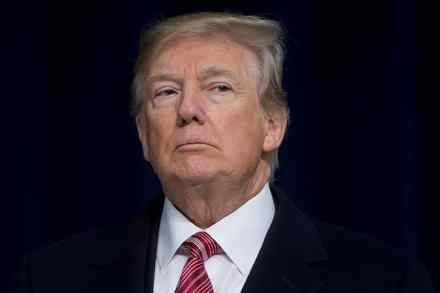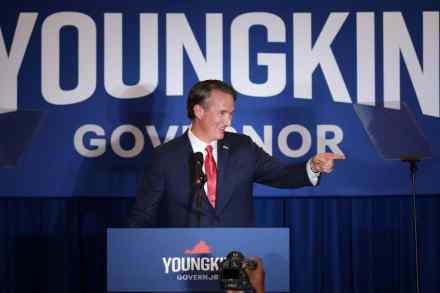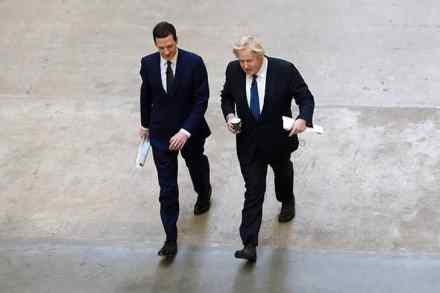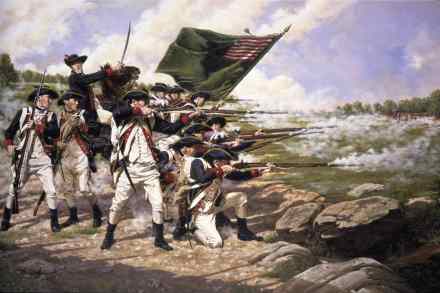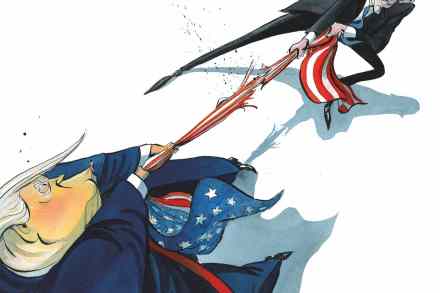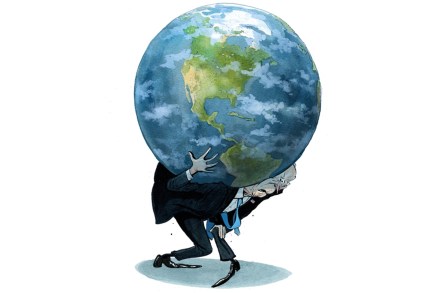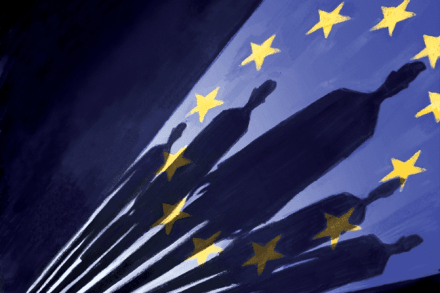Kyle Rittenhouse and Ahmaud Arbery: a tale of two trials
Two consequential trials are currently underway in America. Both in some way relate to the events of last year surrounding police and the public debate about racism. One trial is driving most of the media coverage online. One has been all but ignored. So why is the national media almost singularly focused on what appears to be fabricating racial components in the trial of Kyle Rittenhouse, who shot three rioters in Wisconsin, killing two, and not at all in the trial of Travis McMichael and his two accomplices, who stand accused of the killing of Ahmaud Arbery, a black man who was gunned down while jogging last February? We are


